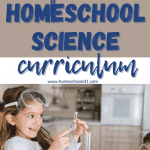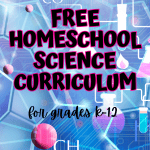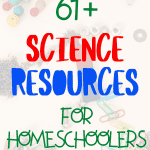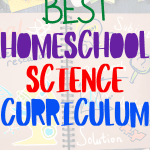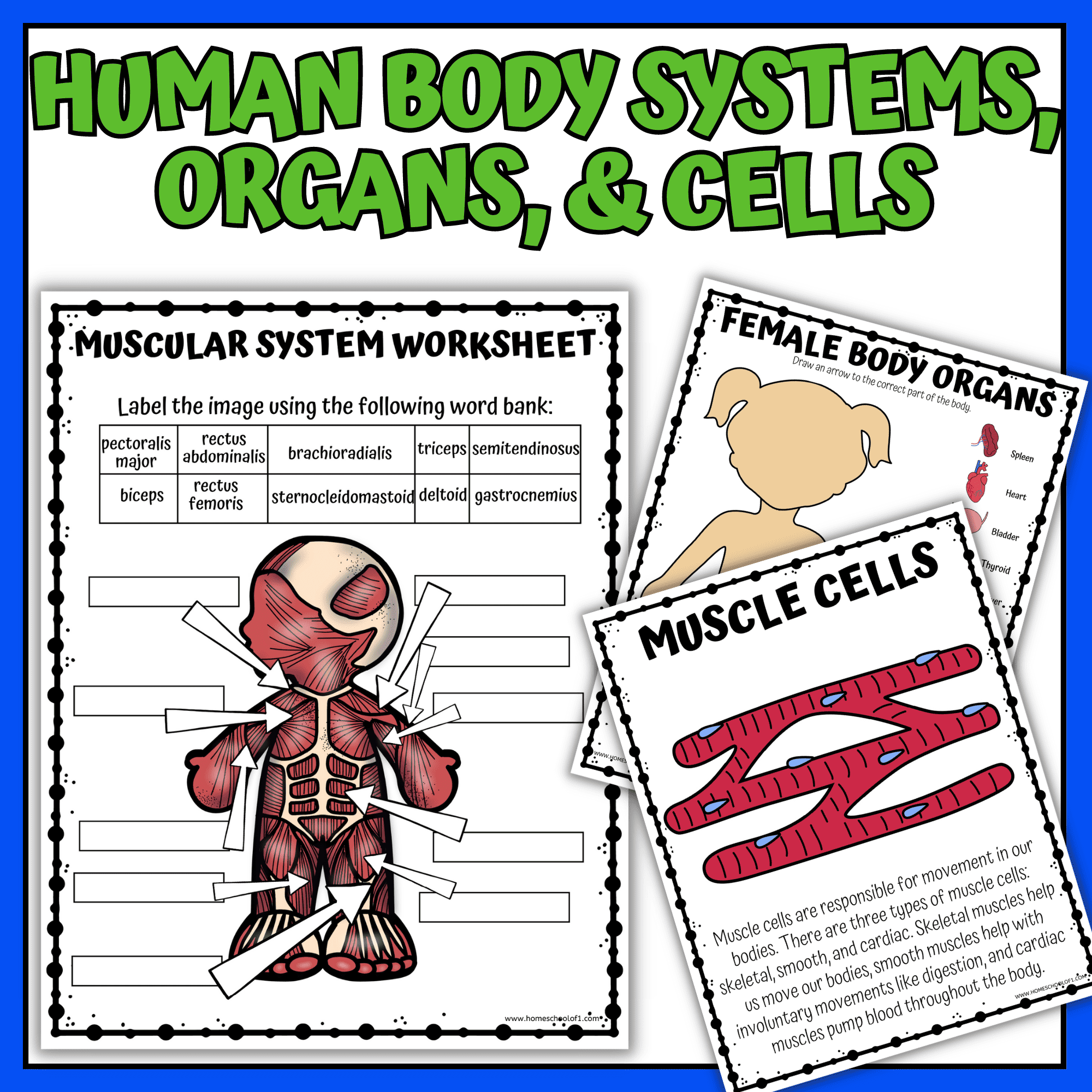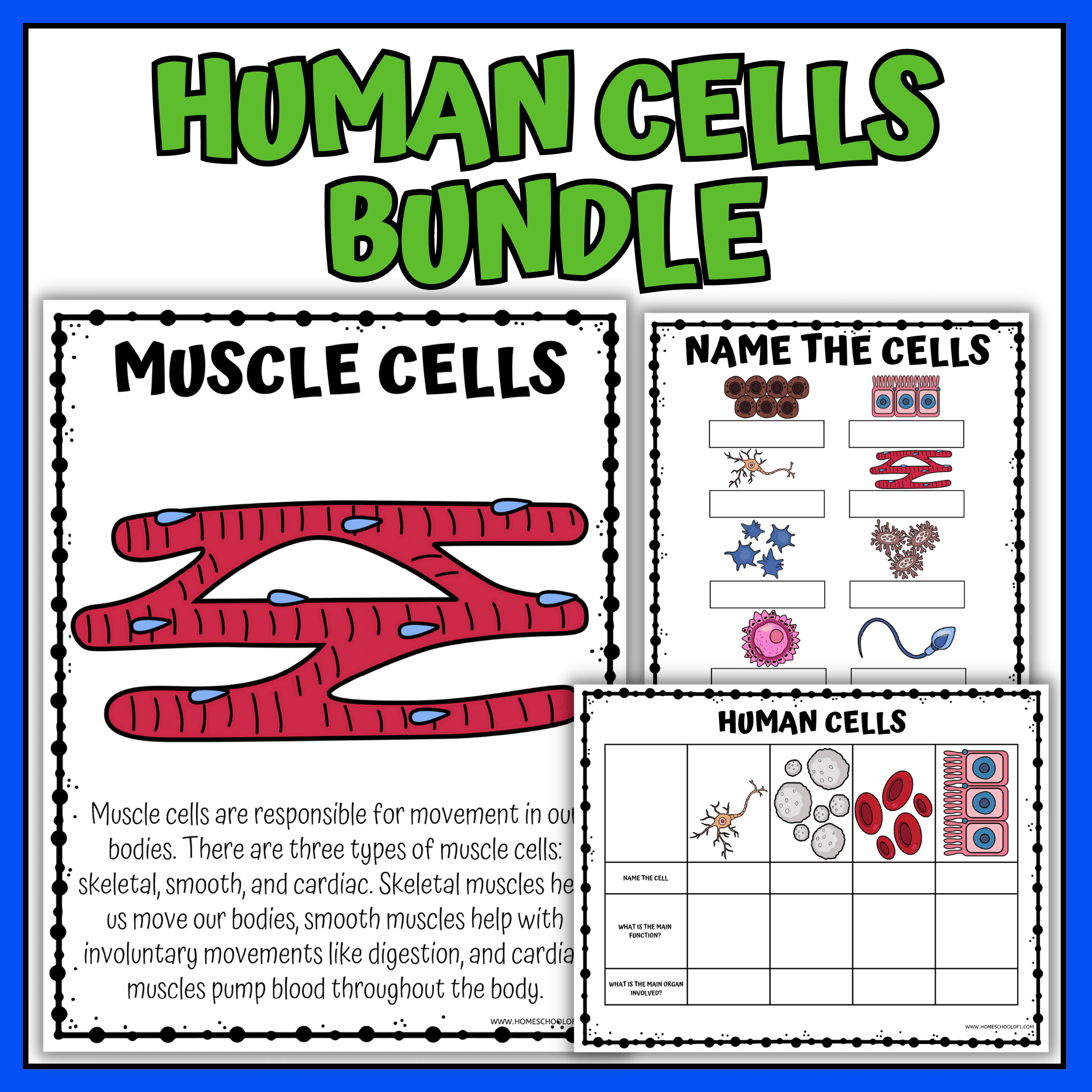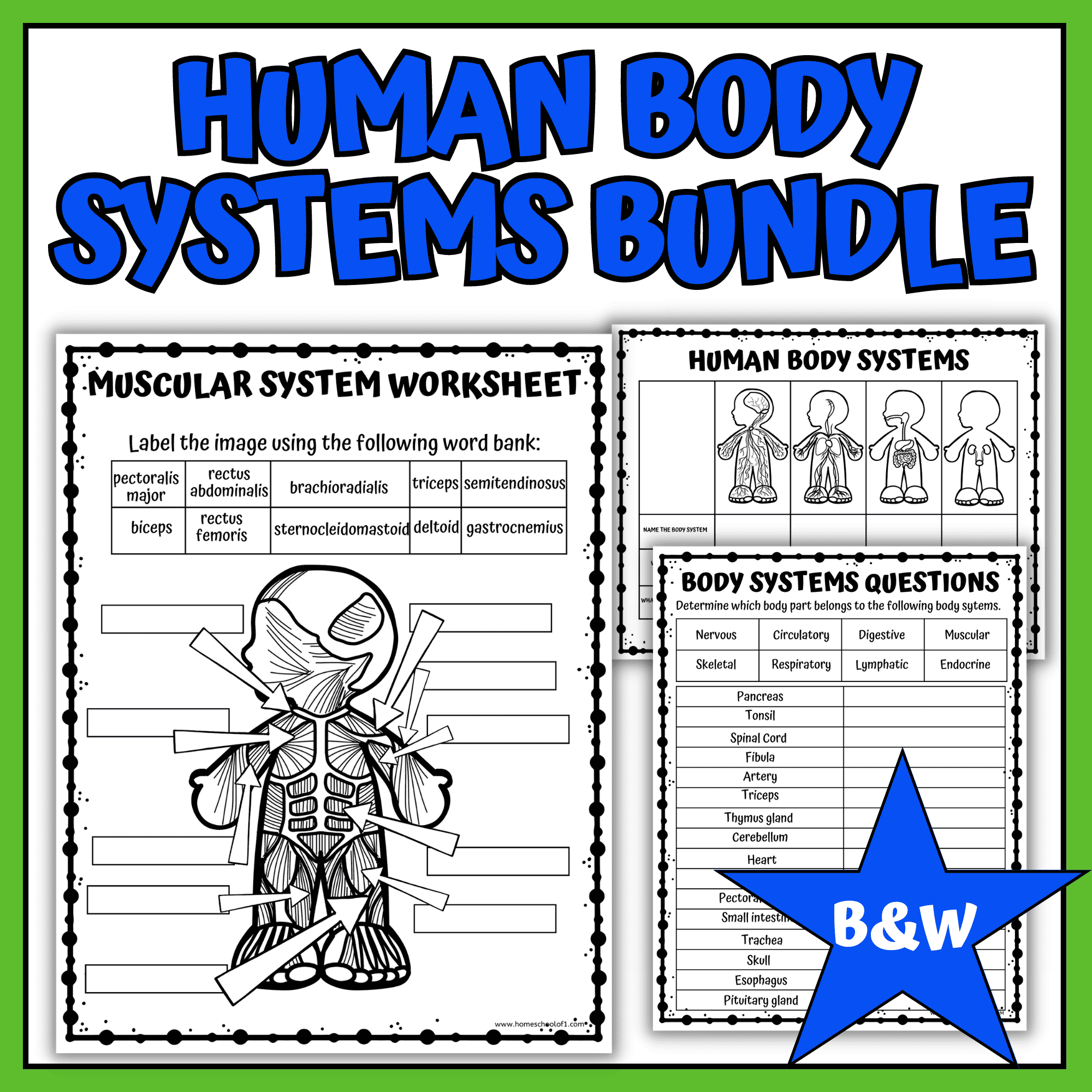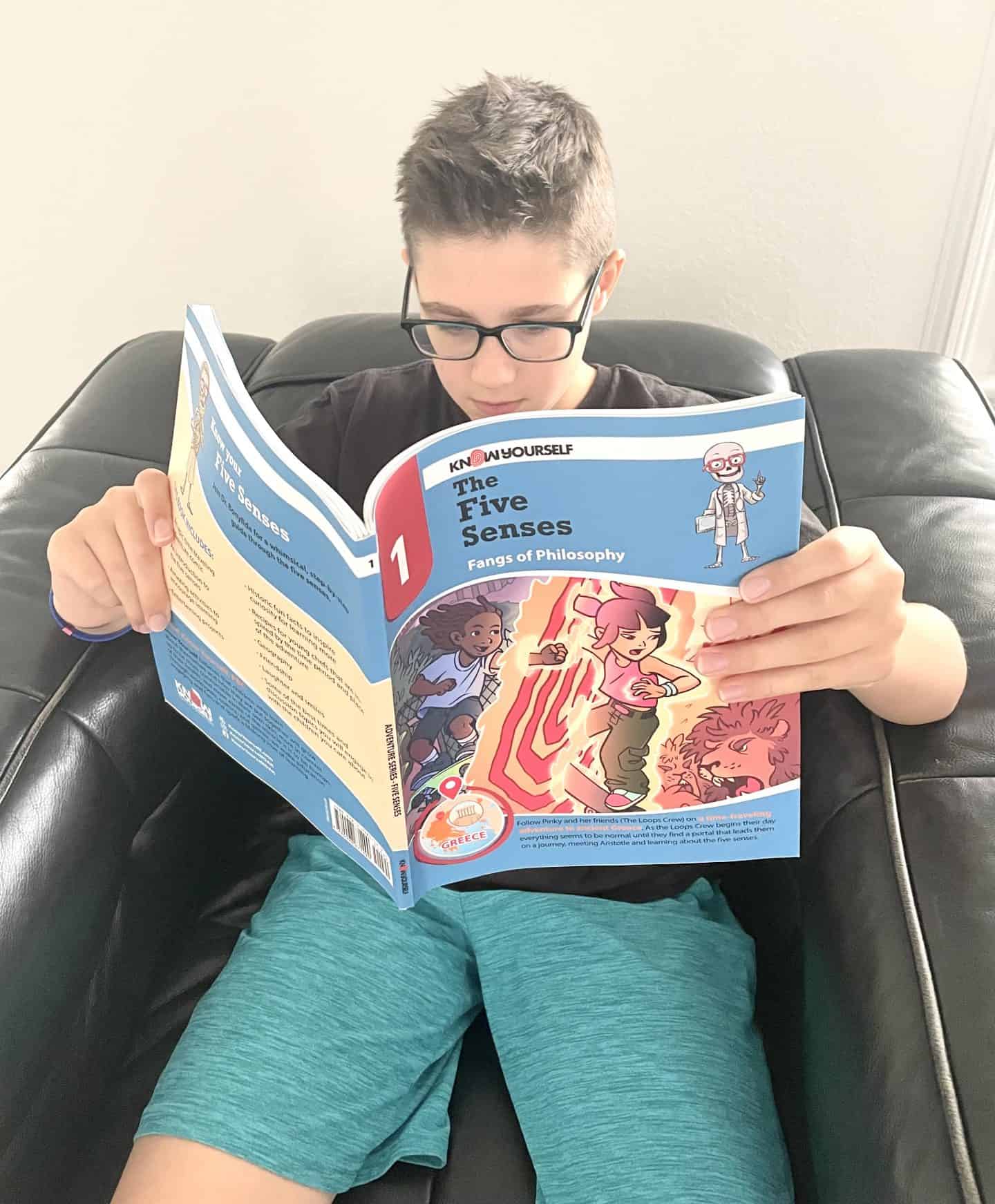Homeschool Science Curriculum and Resources That Work
Finding the best homeschool science curriculum hasn’t always been easy for us.
Some programs looked great on paper but felt too rigid. Others were fun but lacked depth.
Over the years, we’ve tested dozens of science options, from structured lesson plans to completely hands-on kits, and discovered what actually works at home.
This guide brings together the science curriculums, workbooks, free resources, and interactive tools we’ve found most helpful across elementary, middle, and high school.
Whether your child learns best by reading, experimenting, or watching engaging videos, there’s something here to support every kind of science learner.
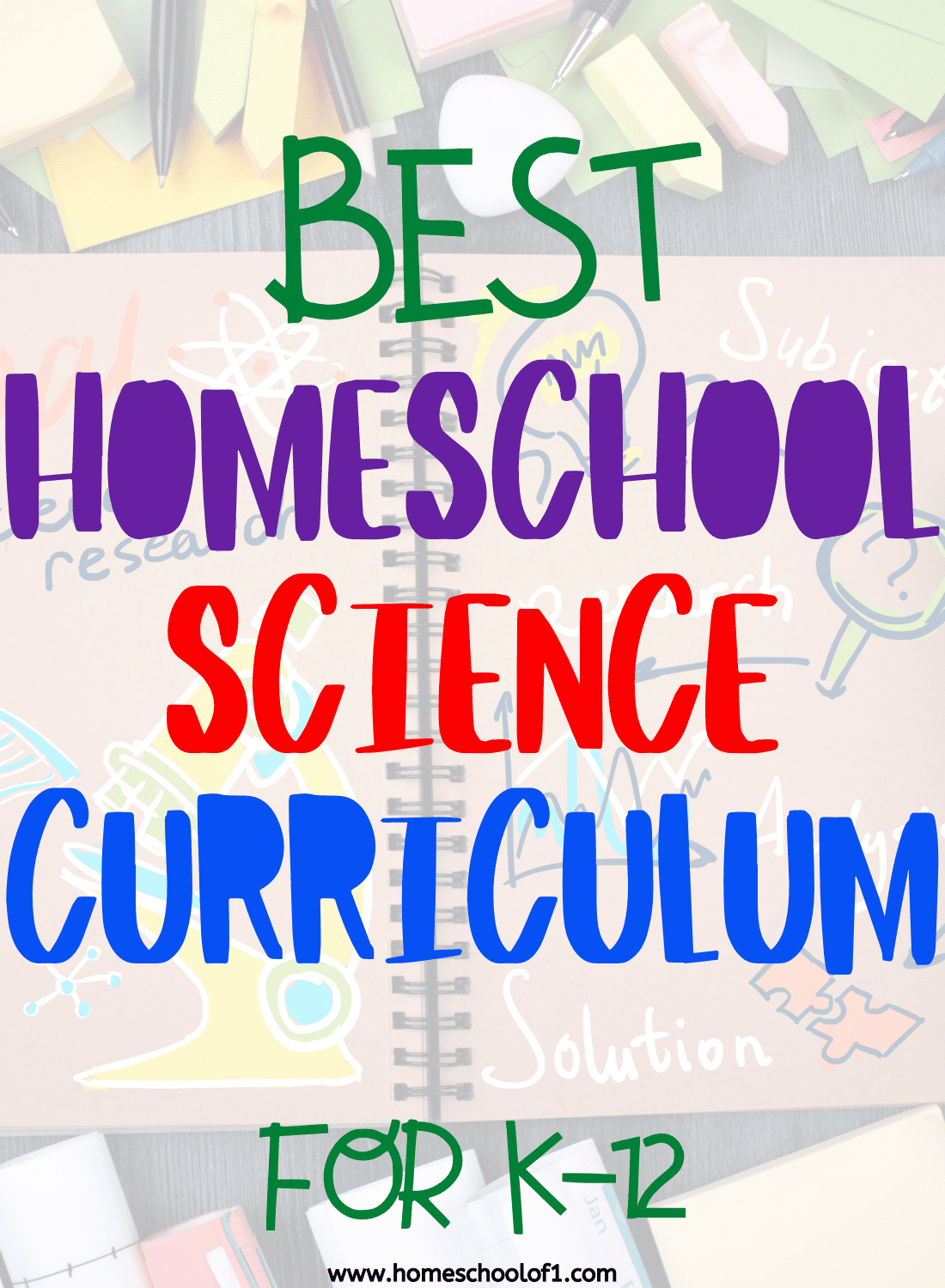
**This post may contain affiliate links. As an Amazon Associate and a participant in other affiliate programs, I earn a commission on qualifying purchases.**
Best Science Curriculum for Homeschoolers
Choosing the best homeschool science curriculum depends on your child’s learning style, and your teaching preferences. Some kids thrive with structured lessons, others need hands-on experiments, and many do best with a mix of both.
These are the science programs we’ve personally used and recommend. They’ve worked across different grade levels and helped keep science both engaging and manageable in our homeschool routine:
- Real Science Odyssey – A flexible, secular curriculum that blends solid instruction with experiments. We’ve used it for years, and it’s been one of the few programs that really stuck. [Read our full Biology 2 review.]
- Science Unlocked – Designed to reduce prep time, this curriculum builds lessons around student interests. It’s been especially helpful when we needed a ready-to-go plan that didn’t feel rigid.
- Home Science Tools – Great for hands-on learners, this resource includes full-year science kits, lab supplies, and experiments for K–12. The materials are high-quality and easy to use at home.
- College Prep Science – Best for high school students who need a solid foundation in lab-based science. Their live online courses cover everything from biology to chemistry with a college-prep approach.
- SchoolhouseTeachers – If you want a broad, all-in-one curriculum, this subscription gives you access to dozens of science courses from preschool through high school, all in one place.
- Generation Genius – Perfect for K–8, this video-based curriculum brings science to life with real scientists, fun visuals, and simple experiments. It’s been a consistent favorite in our home.
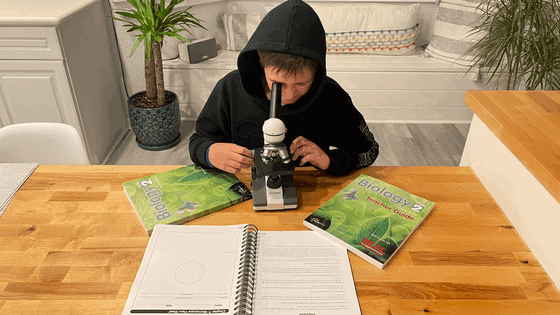
Science Workbooks That Reinforce Learning
If your child learns best with structured, hands-on activities, these science workbooks provide an excellent way to reinforce key concepts.
Whether you’re looking for a supplement to your homeschool science curriculum or a stand-alone resource, these workbooks make science learning engaging and accessible.
- Everything you need to ace science – A fantastic addition to our 7th-grade homeschool curriculum, this workbook breaks down complex topics into easy-to-digest sections, making it a great reference tool.
- Know Yourself Anatomy Books – These interactive books turn anatomy into an adventure, helping kids explore the human body with engaging storytelling and hands-on activities. Perfect for elementary learners who enjoy a more immersive approach.
- Spectrum Science Books – A well-structured series covering essential science topics across multiple grade levels. We’ve used these as reinforcement for key concepts, and they provide a nice balance of reading and comprehension exercises.
- The 100+ Series from Carson Dellosa – With workbooks ranging from Earth Science to Chemistry, this series offers in-depth content for upper elementary through high school students, making it a versatile resource.
- 180 Days of Science – This daily workbook series is designed for structured, consistent science learning. Each lesson builds on the last, making it ideal for students who thrive with routine-based learning.
Free Science Resources for All Ages
Science doesn’t have to be expensive! There are fantastic free resources that provide engaging experiments, lesson plans, interactive worksheets, and online programs to make science both fun and accessible for all ages.
Whether you need structured lessons or hands-on activities, these free homeschool curriculum options offer a budget-friendly way to explore science at home.
For younger children, check out our free printable preschool science worksheets to get them started with simple, hands-on learning.
General Science Resources and Activities
Great science curriculum materials don’t always come with a price tag! Here are some of the best free science homeschool curriculum options, covering a variety of topics and grade levels:
- Human anatomy worksheets: Perfect for introducing the human body, these worksheets help kids explore life sciences in a simple, engaging way.
- Teach Engineering: Unleash your creativity with a host of engineering-focused lessons that inspire innovation and problem-solving skills.
- Learning Resources Science Museum: Immerse yourself in a world of activities, games, and videos curated from museums. This platform offers an array of materials that complement a diverse range of curriculum topics.
- Embark on a cosmic journey with NASA’s lesson plans, specifically tailored to the captivating realm of astronomy.
- Periodic Table Videos: Discover the fascinating world of chemistry through engaging videos centered around the periodic table of elements.
- Science Coloring Pages from Home Science Tools: Add an artistic twist to science with a collection of coloring pages that bring science concepts to life.
- Human Origins by the Smithsonian: Unearth the story of human evolution through resources curated by the Smithsonian Institution.
- Berkeley Education Evolution: Explore the concept of evolution through educational resources offered by the University of California, Berkeley.
- Science Fair Projects and Experiments: Engage in hands-on exploration with a collection of science fair projects and experiments, along with accompanying lesson plans.
- School Science: Access a comprehensive array of science-related content that spans various disciplines and levels.
- American Museum of Natural History: Immerse yourself in the world of physical science and various “ologies” through resources provided by the American Museum of Natural History.
- NASA Weather Adventures: Embark on weather-related adventures with satellite-focused resources from NASA, providing insights into Earth science.
- Virtual Museum: Step into the digital realm of museums through an interactive platform that allows you to explore exhibits virtually.
- National Zoo Homework Helper – Zoology Links: Dive into zoology with resources from the National Zoo that offer a helping hand in homework.
- Interactive Elements Table: Engage with the periodic table in a unique way through visual representations that bring each element to life in pictures and words.
Elementary Grades
If you’re homeschooling elementary students, these free science resources are perfect for building a solid foundation in STEM:
- National Wildlife Federation Animal Science: Engage in animal science adventures tailored for grades K-6, fostering a deep connection with the natural world.
- ACS Inquiry in Action Chemistry Curriculum: Dive into hands-on chemistry exploration with this curriculum designed for grades 3-6, promoting inquiry-based learning.
- 24/7 Science: Elevate learning through interactive games that cater to grades K-6, making science an exciting and educational adventure.
- BBC Terrific Science: Embark on a journey of discovery with the BBC’s science resources, curated for elementary levels to foster wonder and exploration.
- National Geographic Kids: Immerse yourself in captivating science content designed for grades K-6, brought to you by the renowned National Geographic.
- Sublime Science: Delve into the world of experiments with 101 free science experiments, perfect for sparking curiosity and creativity.
Check out even more free science activities for elementary students!
Middle School (Grades 6-8)
Middle schoolers can explore advanced science topics through these free online courses:
- Natural Inquirer: Catering to grades 4-8, this journal offers a unique exploration of science topics, encouraging critical thinking and investigation.
- Anatomy Arcade: Explore the intricacies of anatomy with engaging activities suitable for grades 5-12, enhancing understanding through interactive learning.
Check out our top picks for the best middle school homeschool curriculum!
High School
For high schoolers ready to tackle advanced concepts, these free science courses offer top-tier education at no cost:
- MIT Open Course: Access free resources from the prestigious MIT, offering valuable science materials (grades 9-12) to expand your knowledge.
Human Body Worksheets Bundle

STEM Kits We’ve Tried and Loved
If you’re looking for a hands-on approach to science, monthly STEM subscription boxes are a fantastic way to bring experiments right to your doorstep. These kits make learning exciting by providing engaging, ready-to-use experiments that encourage curiosity and critical thinking.
We’ve incorporated these science kits into our homeschool routine, and they’ve been a great way to reinforce concepts with interactive learning. Here are some of our favorites:
- KiwiCo: Suitable for all ages—from toddlers to adults—KiwiCo’s monthly STEM boxes open up a universe of learning possibilities. We love their Eureka Crate for older kids. Don’t miss our review, complete with a discount code!
- Mel Science: This subscription offers captivating experiments and a range of learning resources designed for hands-on exploration. It’s been a valuable addition to our homeschool, making science more interactive and fun. Check out our detailed Mel Science homeschool review for more on our experience.
- Generation Genius STEM Box: These kits provide an engaging journey into STEM topics, perfect for hands-on learners. Our experience with their science experiments has been fantastic. Read our Generation Genius science kits review to learn more about what they offer.
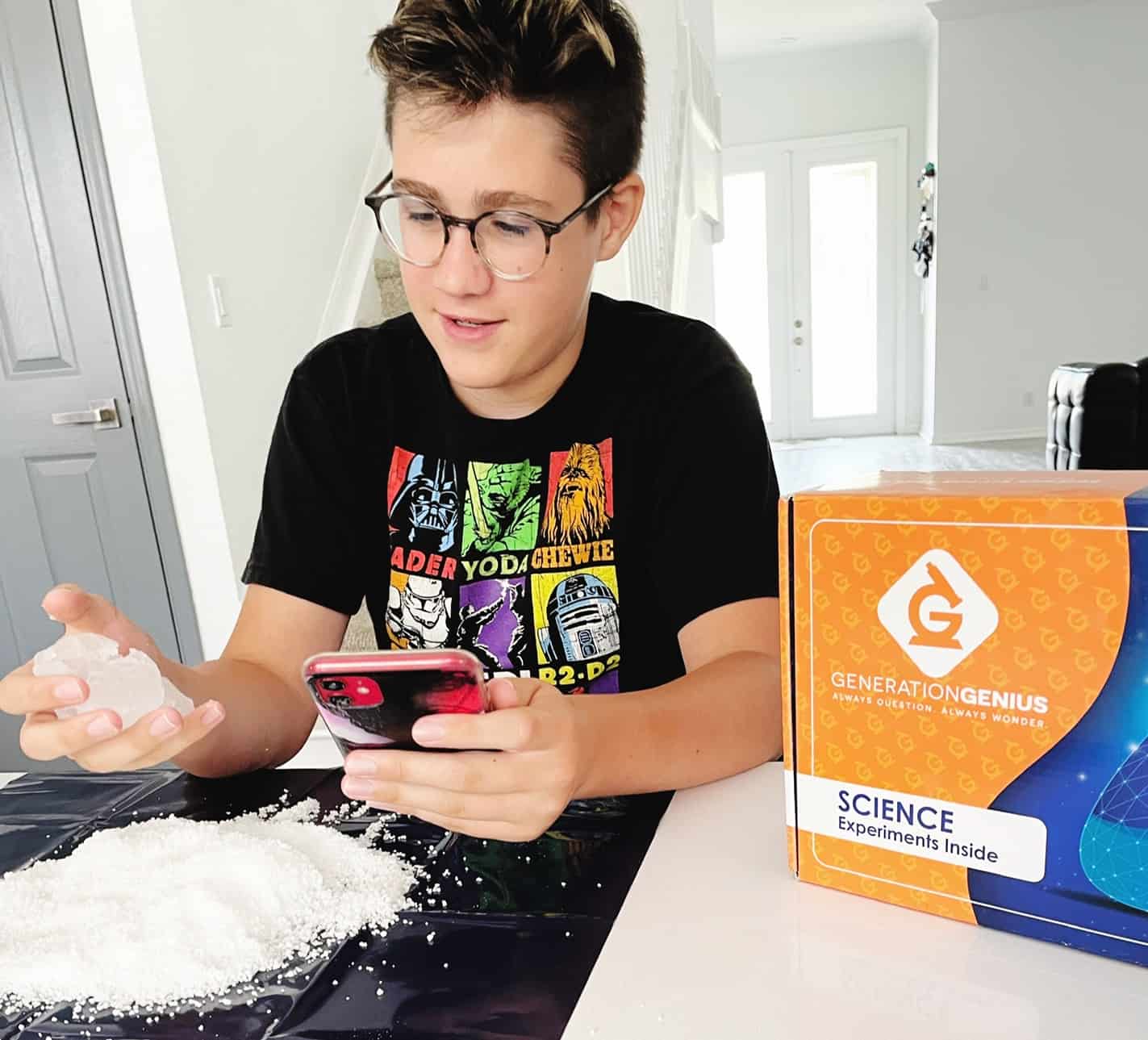
For even more ways to mix fun with education, explore our top picks for the best science board games.
Science Books That Keep Kids Interested
Books play a huge role in our science lessons, and we’ve found that the right ones can turn complex topics into exciting discoveries.
Whether your child is fascinated by anatomy, chemistry, or physics, these books provide engaging, well-illustrated explanations that make science accessible. Here are our top science books for late elementary and middle school students:
- Know Yourself – Our favorite anatomy book for elementary students! This interactive resource brings the human body to life with engaging storytelling and hands-on activities, making life science fun and accessible.
- Science A Visual Encyclopedia – Perfect for visual learners, this encyclopedia breaks down complex scientific concepts with stunning images and clear explanations, making it a great reference for kids who love pictures over text-heavy content.
- The Kingfisher Science Encyclopedia – A go-to resource for kids eager to explore various branches of science. It’s packed with facts and engaging explanations, making it useful for both independent reading and research projects.
- The Science Book – This book presents scientific discoveries and breakthroughs in an easy-to-understand way. It’s ideal for kids who love learning about the history of science and how key discoveries shaped our world.
- Human Body! – A great choice for younger learners curious about anatomy. The vibrant visuals and simple explanations make it an engaging introduction to how the human body works.
- Usborne Science Encyclopedia – A fantastic all-in-one resource covering diverse scientific topics. With interactive online links and detailed illustrations, this book is perfect for kids who love to dive deep into their favorite subjects.
YouTube Channels We Actually Learn From
Science homeschool videos have become an essential part of our routine, making complex concepts easier to understand and sparking some of our best discussions.
Whether we’re watching hands-on experiments, physics demonstrations, or fascinating space explorations, these YouTube channels bring science to life in a way that textbooks often can’t.
Here are some of our favorite educational science channels that inspire curiosity and make learning fun:
- Dive into a wealth of scientific topics through engaging Crash Course videos that cover a wide range of subjects in an accessible and entertaining manner.
- Join former NASA engineer Mark Rober as he brings science to life through his captivating experiments and explanations.
- Discover science in a quirky and entertaining way with Horrible Science videos that make learning both amusing and educational.
- Sprice Machines: Delve into the fascinating world of intricate chain reactions and domino setups. Learning about physics and cause-and-effect along the way.
- Engage in hands-on experiments and creative science projects with The King of Random’s captivating videos.
- Unveil the wonders of the body through Operation Ouch’s informative and entertaining medical explorations.
- Sick Science: Explore science experiments that are not only educational but also incredibly fun, making learning a delightful experience.
- Dive into the world of physics with Physics Girl’s insightful videos that simplify complex concepts and encourage curiosity.
- Smarter Everyday: Join Destin as he embarks on scientific adventures. Sharing fascinating insights that make you a little smarter every day.
- Delve into a variety of scientific topics through engaging and informative Sci Show videos that cater to curious minds.
- Joseph’s Machines: Immerse yourself in Joseph’s inventive Rube Goldberg machines, offering a unique blend of science and creativity.
Online Science Classes Worth Trying
For interactive and engaging science education, live online classes can be a game-changer.
Outschool offers a dynamic selection of lessons covering topics from biology to astronomy, allowing students to learn in real time with expert instructors and small class sizes that encourage participation.
With flexible scheduling options, Outschool makes it easy to integrate science classes into your homeschool routine—no matter your time zone. Whether your child thrives in hands-on experiments, deep-dive discussions, or structured lessons, there’s a course for every learning style.
For a closer look at how we’ve used Outschool in our homeschool, check out our Outschool review!
Science Documentaries Our Family Enjoyed
Documentaries have been a great way to bring science to life in our homeschool. They offer clear visuals, expert explanations, and often spark deeper conversations long after the screen turns off.
We especially like Curiosity Stream, their collection covers everything from space and physics to biology and environmental science. It’s been a helpful supplement when we want to go beyond the textbook and see real-world science in action.

Last Updated on 14 May 2025 by Clare Brown


